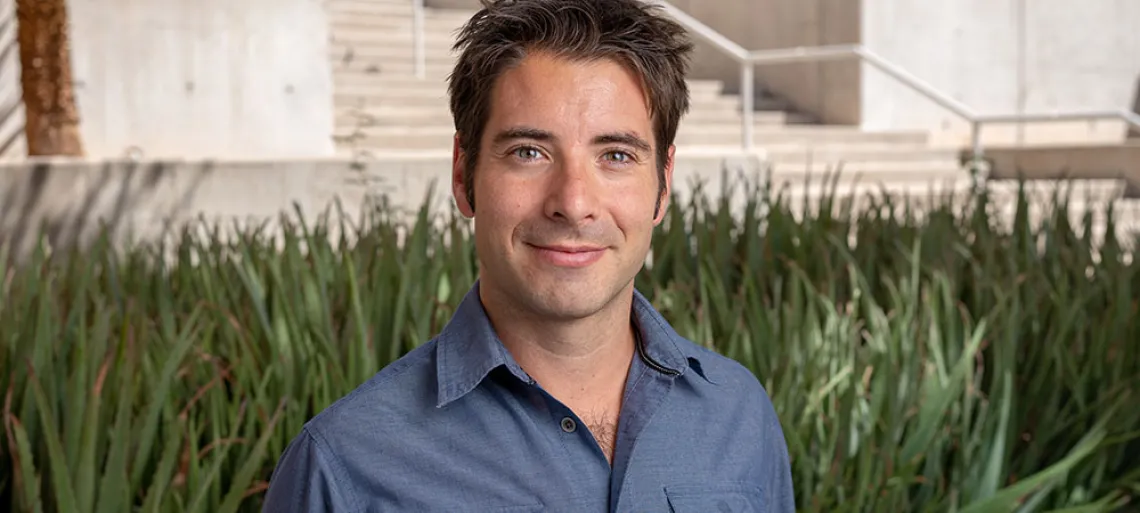How Humor Helps and Sometimes Hurts People’s Quest to Live Happier, Healthier and More Productive Lives

Why do humorous dating profiles get more right swipes? Can being funny help solve problems? Is laughter really the best medicine?
Media cites include:
- Arizona Daily Star
- AZ Big Media
- The Atlantic
- National Public Radio
- The New York Times
- Psych Central
- WBUR Boston
Humor and the “good life” seem to go hand in hand. Funny people move effortlessly through the world. Business articles and gurus prescribe humor as key to effective workplace performance. The website for the African country of Eritrea even describes humor as “a tremendous resource for surmounting problems, enhancing your relationships, and supporting both physical and emotional health.”
A forthcoming paper at the Journal of Consumer Research titled “Humor, Comedy, and Consumer Behavior,” by Caleb Warren, assistant professor of marketing in the Eller College, Adam Barsky of the University of Melbourne, and A. Peter McGraw of the Leeds School of Business, University of Colorado, looks beyond advertising to highlight how and when humor helps everyday people reach their goals.
The paper breaks people’s goals into three broad categories: hedonic goals (maximizing pleasure and minimizing pain), utilitarian goals (optimizing long term well-being), and social goals (getting along with others). The researchers integrate insights from psychology, management, linguistics, anthropology, medicine, and neuroscience to propose a framework that summarizes the current scientific knowledge about humor.
The authors argue that humor appreciation (i.e., laughter and amusement) helps people feel better by making positive experiences, like watching a movie or dining at a restaurant, more pleasant and negative experiences, like getting dental work or waiting in line, less unpleasant. Sharing a laugh can also help people bond and get along better with one another. But humor appreciation does not always improve utilitarian outcomes, such as decision-making or health. For example, laughing tends to make people more creative, but also more careless. Similarly, watching a funny movie may help someone recover from emotional ailments, like depression or an anxiety disorder, but there is little evidence that humor will help cure cancer, or even a common cold.
Similarly, comedy production (i.e., trying to make others laugh) sometimes helps people reach their goals, but other times gets in the way. For example, cracking a joke can help people capture attention, but it can also make a message seem less important. One notable conclusion from the paper is that the effects of comedy production depend on the type of joke people tell, as well as whether or not the joke actually makes an audience laugh. Teasing and telling insulting ‘yo mama’ jokes are less likely to help people cope with loss or navigate an awkward social interaction than joking about the weather or creating an amusing pun. But even jokes about the weather and puns won’t help if no one laughs.

